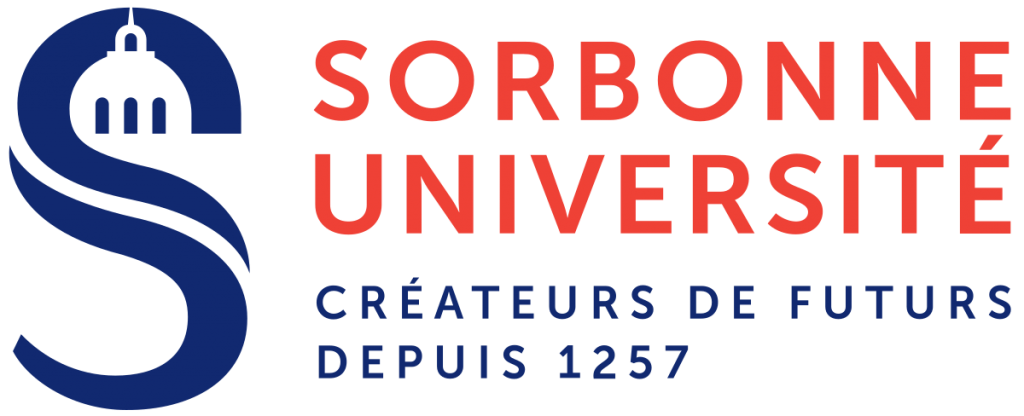Recent advances in Artificial Intelligence (AI), and more particularly in deep learning, have opened tremendous perspectives for designing intelligent systems in which a conversation between a human and a computer is no longer an illusion.
One radical change is the capability of systems to reason as humans in tasks requiring more semantic understanding, offering more natural ways for users to request actions/information. This perspective may revolutionize the way users access information. Indeed, until now in a traditional information retrieval (IR) research setting, the user’s information need is represented by a set of keywords and the returned documents are mainly determined by their inclusion of these keywords.
The project SESAMS envisions a novel paradigm in IR in which the user can interact with the search engine in natural language through the intermediary of a conversational system. We refer to this as search-oriented conversational systems. There are several important challenges underlying this novel paradigm, which we will address in this project: 1) understanding the user’s information need by leveraging both interactions in natural language and users’ implicit feedback; 2) designing a proactive system that anticipates users’ actions and users’ search intent by directly soliciting the user; and, 3) evaluating this novel paradigm by designing new theoretical and practical evaluation frameworks for search-oriented conversational systems and building adapted large-scale datasets that would enable the proposed models to be learned and evaluated.
On the methodological aspects, SESAMS leverages the deep learning methods which have shown their effectiveness for reasoning over semantic-based applications, and more particularly deep reinforcement learning models which are particularly suitable for learning from users’ interactions. Deep learning models are known to be data hungry for training. In practical search contexts, we can only have a limited amount of training data. So, an important problem we address is learning with a limited amount of data. In summary, the project will develop a new paradigm in information retrieval and novel deep learning methods augmented by interactions.
SESAMS will be developed at LIP6 under the leadership of Laure Soulier (MCF) who is specialized in Information Retrieval (in particular, interactive IR) and Representation Learning. She will collaborate with specialists with complementary skills: Ludovic Denoyer from LIP6 (reinforcement learning and deep neural networks), Vincent Guigue from LIP6 (representation learning and natural language processing), Philippe Preux from CRIStAL/Inria Lille (reinforcement learning and deep neural networks), and Jian-Yun Nie from DIRO/University of Montreal (information retrieval and deep learning).
We plan to recruit one Ph.D. student and one postdoctoral researcher to investigate the presented research axes, and two master students for working on exploratory aspects (end-to-end models) or evaluation platforms. The resulting platforms will be released to the community.


